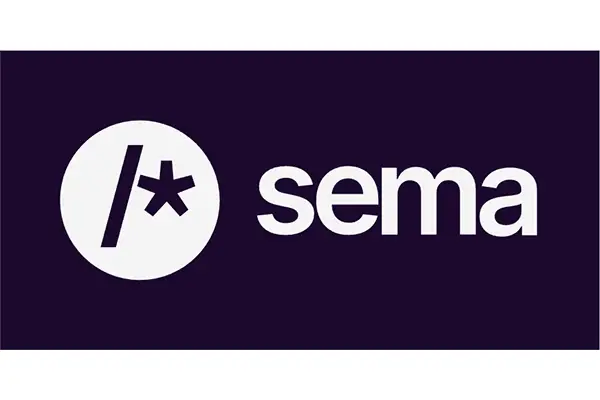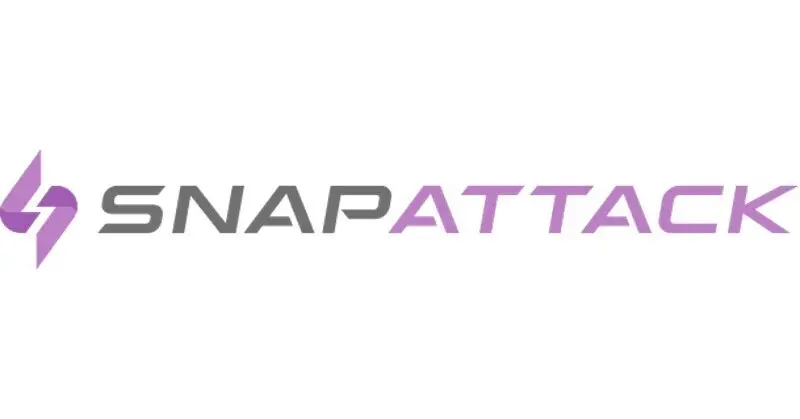Establish Your Startup’s True Value with Kruze Consulting’s 409A Valuation Services
Are you a VC-backed startup that needs a 409A valuation?
Kruze Consulting offers expert, audit-ready 409A valuations to help you stay compliant and protect your employees’ equity.

A 409A valuation is an independent appraisal of the fair market value (FMV) of your startup’s common stock. If you’re issuing equity compensation (stock options), you’ll need a 409A every year for tax purposes. Your 409A valuation makes sure your stock options are priced fairly and comply with IRS regulations, protecting you and your employees.
Case Study
Sema Technologies
Sema Technologies partnered with Kruze Consulting for expert startup accounting, tax services, financial modeling, and accounts receivable management.


"For a company of our size and stage, Kruze delivers very fair value at the cost."
Key Benefits Of 409A Valuations From Kruze
Fast Turnaround
Get your 409A valuation in just 10 business days.
Audit-Ready Reports
Our valuations follow AICPA and USAPAP guidelines, ensuring they’re audit-ready.
Cost-Effective
Our flat rate pricing is an economical option for VC-funded startups, unlike other companies that require you to pay monthly recurring charges.
Contact Us for a Free Consultation
Kruze Consulting specializes in startup accounting, relying on experienced accounting, tax, and finance professionals, using best-in-breed financial tools and systems.
Our 409A Valuation Services
Comprehensive Valuation
We provide a thorough analysis of your financial history, model, and intangible value.
Expert Appraisers
Our valuation partners are former Big 4 valuation partners and top investment bankers.
In-Depth Reporting
Receive a 30+ page detailed 409A report, ready to share with investors and your board of directors.
Case Study
SnapAttack
Discover how SnapAttack, a cybersecurity leader, achieved acquisition by Cisco with Kruze Consulting’s expert support.


"We get all we need at a basic level, since we’re still a small but growing startup. Then, as needed, we can plug into the Kruze team for additional assistance."
Frequently Asked Questions
409A valuations are valid for 12 months unless there’s a material event like a new funding round.
The report includes a thorough analysis of your financials, an explanation of the valuation methodologies tailored to your situation, and follows AICPA and USAPAP guidelines. You get a detailed report that complies with IRS regulations and is defensible if audited.
Kruze Consulting’s valuation partners can complete a 409A valuation in 10 business days from the date all company information is submitted.
Kruze Consulting’s valuation partners are qualified, independent third-party appraisers with experience in startup valuations, and hold certifications such as ASA (Accredited Senior Appraiser) or ABV (Accredited in Business Valuation).
Contact Us for a Free Consultation
Kruze Consulting specializes in startup accounting, relying on experienced accounting, tax, and finance professionals, using best-in-breed financial tools and systems.











